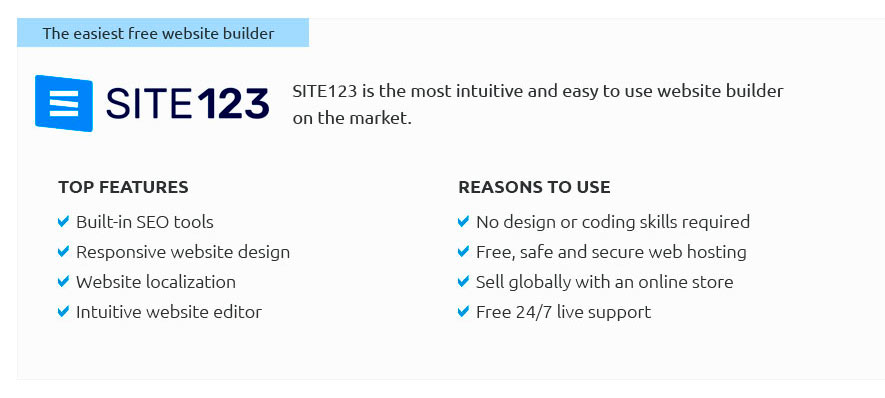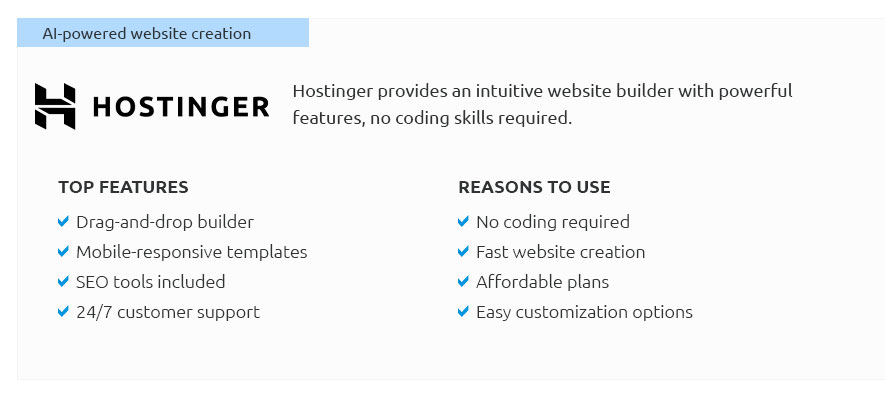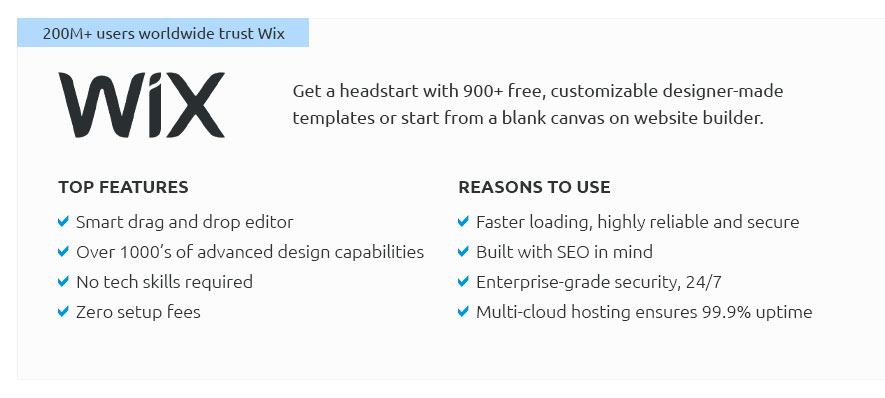 |
 |
 |
 |
|
 |
 |
 |
|
 |
|
 |
 |
|
 |
|
 |
|
 |
 |
The Best Way to Set Up a Website: A Comprehensive GuideSetting up a website can seem like a daunting task, but with the right guidance, it can be a smooth and rewarding process. Whether you're a small business owner, a blogger, or just someone wanting to share their passion online, this guide will walk you through the best practices for getting your website up and running. Choosing the Right PlatformThe first step in setting up a website is choosing the right platform. There are many options available, each with its pros and cons. Some of the popular choices include WordPress, Wix, and Squarespace. WordPressWordPress is a powerful and flexible platform, perfect for those who want complete control over their website. It's open-source and offers thousands of plugins and themes to customize your site. However, it might require a bit of a learning curve for beginners. Wix and SquarespaceFor those looking for what is the easiest free website builder, Wix and Squarespace are excellent choices. They offer drag-and-drop interfaces that make website creation simple and intuitive. These platforms are ideal for users who want to get started quickly without delving into the technical aspects of website management. Registering a Domain NameYour domain name is your website's address on the internet. It's important to choose a domain that reflects your brand and is easy to remember. Here are some tips:
Setting Up Web HostingOnce you have your domain name, you'll need web hosting to make your website accessible online. Hosting providers offer space on their servers for your site. Consider these factors when choosing a host:
Designing Your WebsiteDesign is crucial in creating an engaging user experience. Here are some design tips: Choose a Responsive ThemeEnsure your website looks great on all devices by selecting a responsive theme. This is particularly important as more users access websites via mobile devices. Use High-Quality ImagesHigh-quality images can make a big impact on your site's appearance. They should be relevant and optimized for the web to ensure fast loading times. Frequently Asked QuestionsWhat is the best platform for beginners?For beginners, platforms like Wix or Squarespace are ideal due to their user-friendly interfaces and ease of use. How much does it cost to set up a website?The cost can vary significantly depending on your needs. Basic setups can be quite affordable, while more complex sites may require a larger budget. It's important to research places to make a website that fit your budget and requirements. How can I improve my website's loading speed?Improving loading speed can be achieved by optimizing images, using a content delivery network (CDN), and minimizing the use of heavy scripts and plugins. https://www.squarespace.com/how-to/build-a-website
Choose your website template. Find a design for your blog that reflects your personal style. - Secure a custom domain name. Start building your brand with a ... https://mailchimp.com/resources/how-to-make-a-website/
Verify the information on the site is up to date and accurate. Add new products and services. Add customer testimonials. Add a blog to help position the company ... https://www.researchgate.net/post/What-are-the-best-options-for-creating-a-personal-website-to-showcase-your-research
I'm considering creating a personal website to showcase my research, and was wondering what are the best free (or very cheap) options.
|